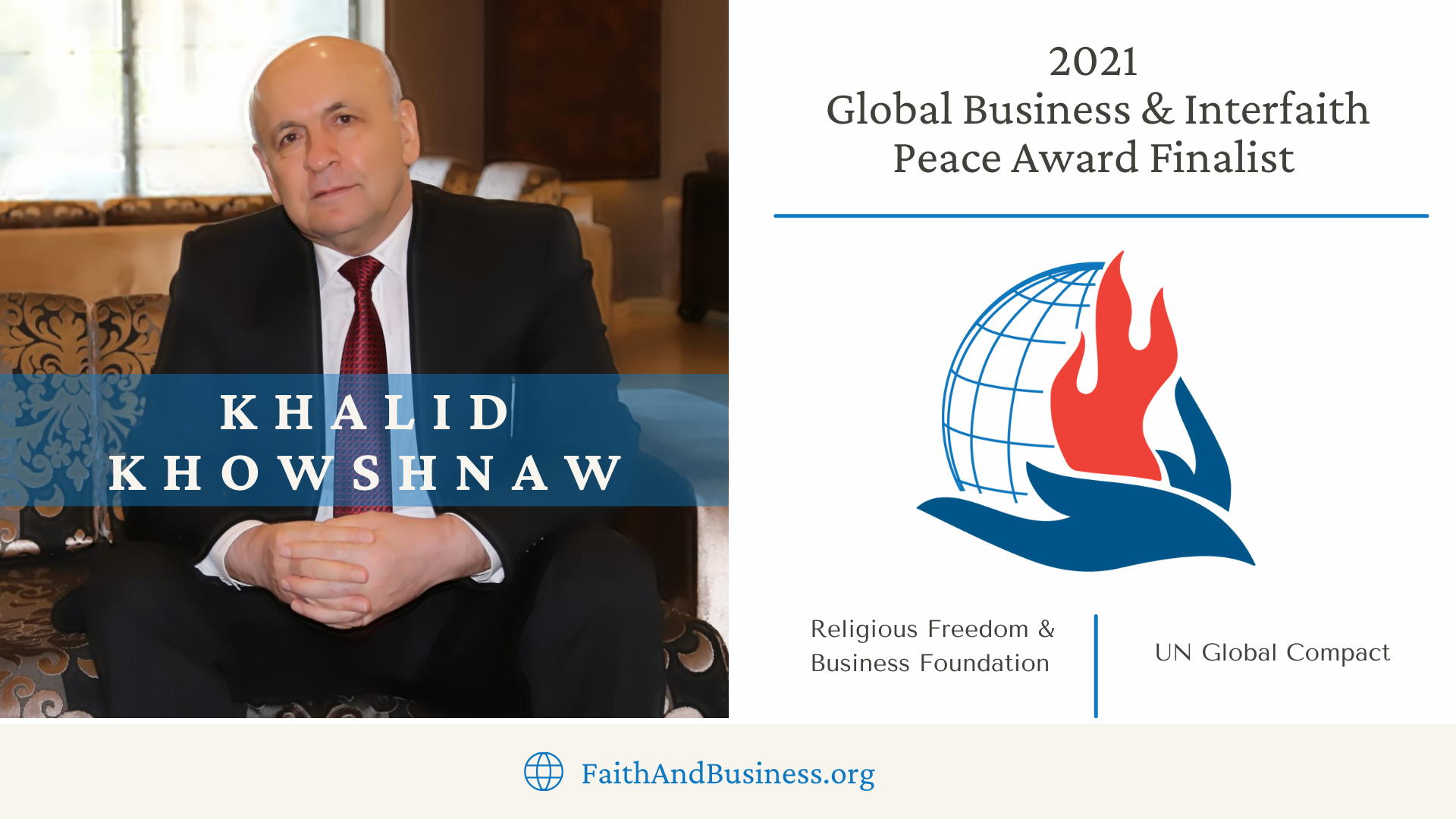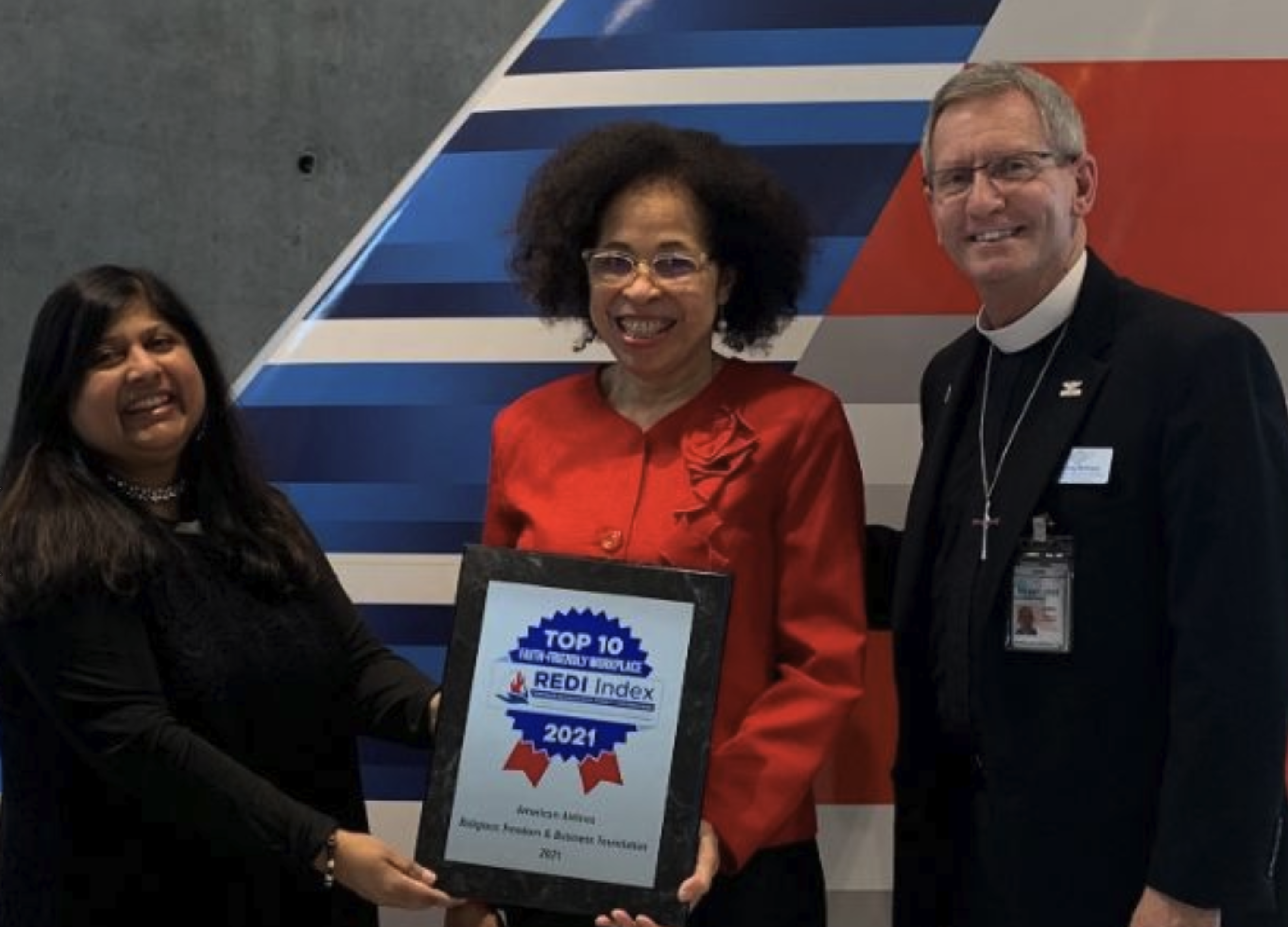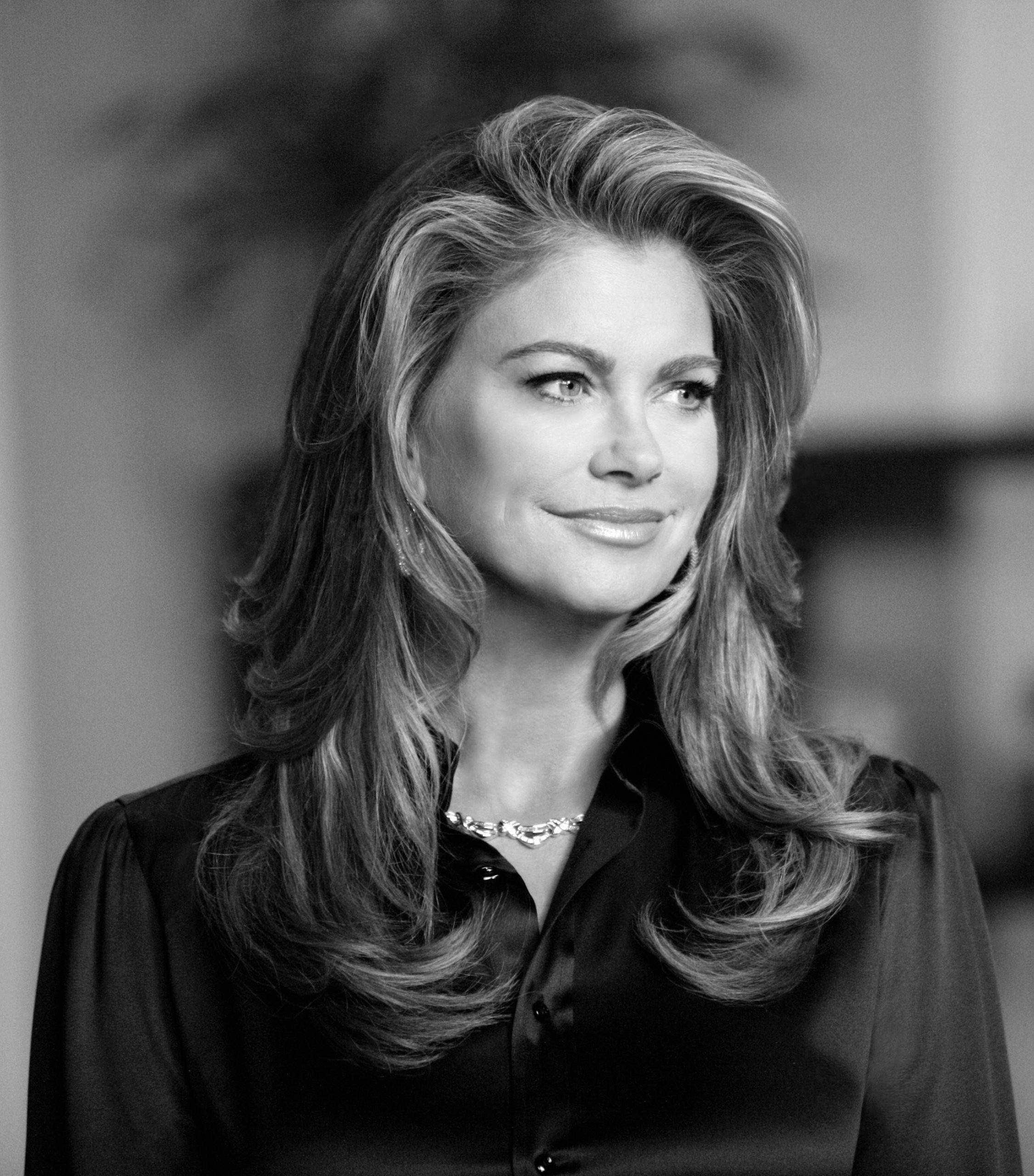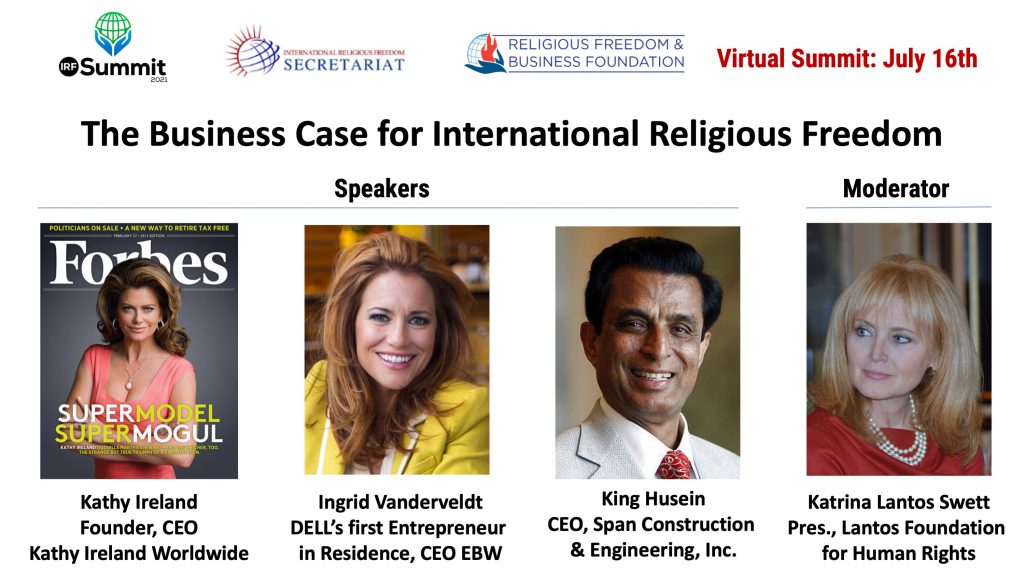PRESS RELEASE: Following the sectarian conflicts in Iraq, many families were forced to flee the country in hopes of seeking a safe place to openly practice their faith and beliefs. In response, Khalid Khowshnaw founded the Hemn Group which combats any form of discrimination including that of race, religion, ethnicity, or sectarian groups.
The Hemn Group promotes inclusion of differing nationalities working alongside one another, oftentimes sharing in each other’s celebrations and feasts. They are also credited for providing jobs for countless Christians, Muslims, and Yazidi in areas that are safe to practice their faith and beliefs free of discrimination and facilitates the free practice of worship. This also creates an inclusive, sustainable economy, an antidote to sectarian conflict.
The Religious Freedom & Business Foundation congratulates Khalid Khowshnaw as a finalist for the 2021 Global Business & Interfaith Peace Awards. On the occasion of this nomination, the Hemn Group shared the following:
- — “During the many years of the sectarian conflicts in Iraq after 2003, many families fled from the other parts of Iraq to the Kurdistan region seeking a safe zone. We at the Hemn Group offered many the opportunity of getting jobs, many of whom have been promoted to occupy high levels of the jobs and have continued working with us for long time and still there are still a large number thanks that their areas are saved and safe now compare to the past years. In the Hemn Group, you will find different religious believers are respected and facilitations are provided for them to practice their worships: Muslims, Christians, Yazidi are free to express themselves without been hatred or prevented. We share each others’ celebrations and feasts.”
Khalid Khowshnaw is competing for a Gold, Silver or Bronze medal, which will be announced and awarded on Aug. 24 virtually at Dare to Overcome. Dare to Overcome is the Religious Freedom & Business Foundation’s global intersectionality conference, highlighting the ways diverse communities support and reinforce one another to build more inclusive workplaces and peaceful societies.
Background on the Awards
The Global Business & Interfaith Peace Awards are presented biennially by the Religious Freedom & Business Foundation, a US-based nonprofit, in cooperation with the United Nations Global Compact’s Business for Peace initiative. The foundation helps educate the global business community about how religious freedom is good for business and how they can promote respect for freedom of religion or belief.
The awards are held in tandem with the opening of the Paralympic Games, including previously being held in Rio de Janeiro in 2016 and in Seoul in 2018. This year they will be held during RFBF’s Dare to Overcome event, Aug. 22-24, 2021, both virtually worldwide and in-person in Tokyo (due to pandemic restrictions, limited to those already in Japan) .
In the short video below, the global chair of the Global Business & Interfaith Peace Awards, Dr. Brian Grim (also president of the Religious Freedom & Business Foundation), shares the inspiration for these awards, followed by brief reflections by former UN Secretary General Ban Ki-moon and former Japanese Prime Minister Yukio Hatoyama.












